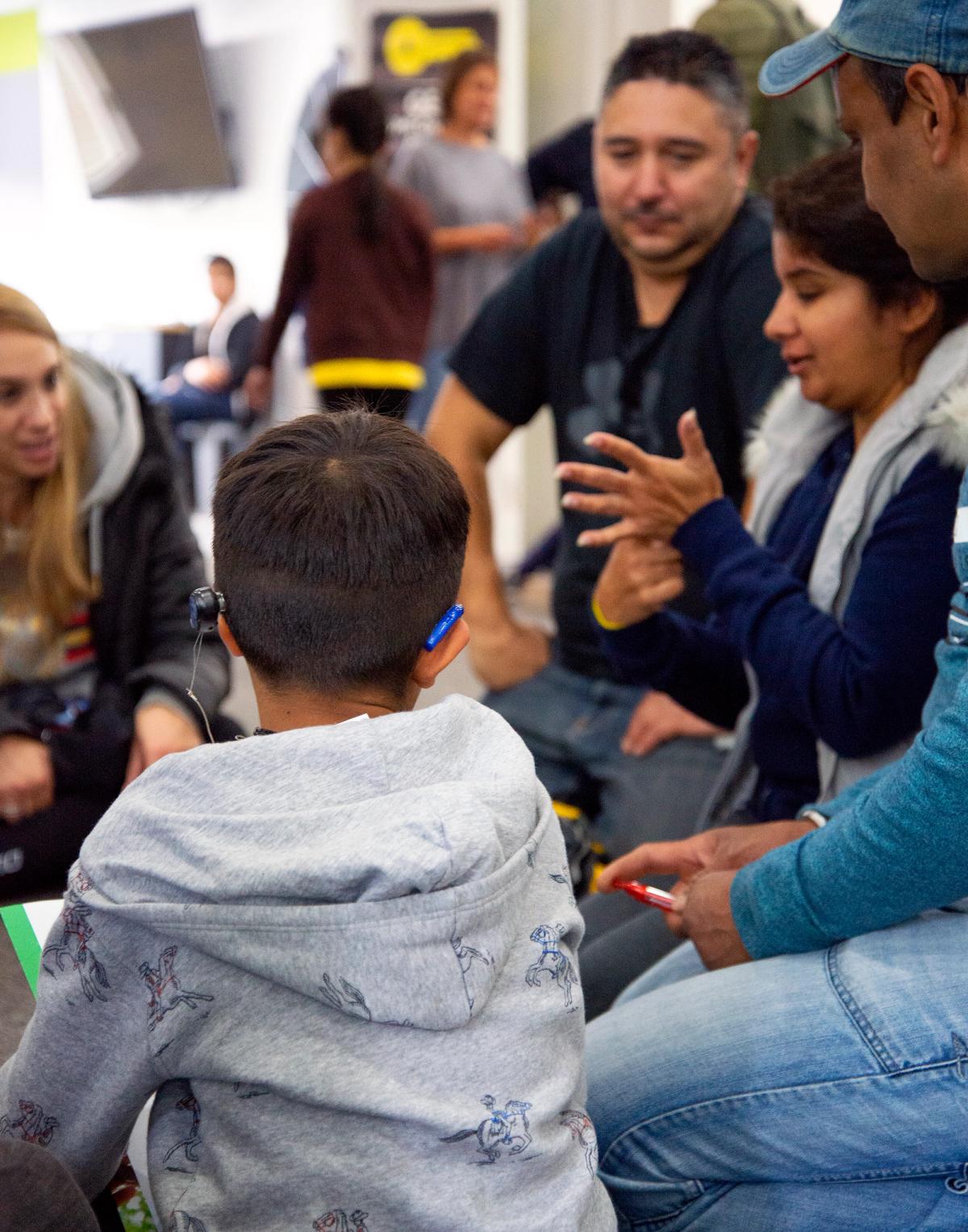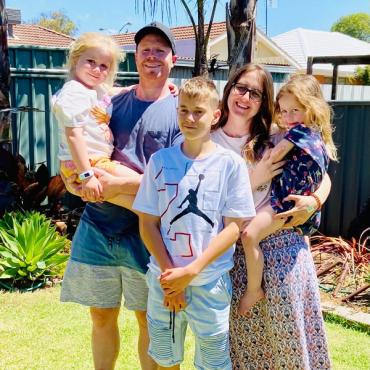The Effects of Vocabulary Intervention.
Building knowledge of word meanings is essential in developing reading comprehension skills. Both broad vocabulary knowledge – the number of words that are known – and depth of vocabulary knowledge – how well the words are known – are important.

What was this article about?
Research shows many deaf and hard of hearing students have a low level of reading achievement. This article describes an approach that may improve vocabulary knowledge and reading comprehension of deaf and hard of hearing students.
This article reports on a study in Saudi Arabia involving five students with profound hearing loss, all were in fourth grade. Three of the students were taught 24 multiple-meaning words in an intervention using direct instruction including multiple exposures to the word and word web activities. Word webs were created by placing target words in the centre of a blackboard or table and placing pictures, showing meanings of the words, close to the word in the centre. The intervention included visual materials, explicit instruction and scaffolding that assists deaf and hard of hearing students to learn.
What were the key findings?
- Focused vocabulary instruction may help many deaf and hard of hearing children with reading comprehension.
- Students learned new words with an approach using explicit instruction and activities with visual materials including word webs.
- Additional and focused instruction is needed for many deaf and hard of hearing children, as they may learn vocabulary in a similar way to their typical hearing peers, but more slowly.
Where can I read more about this article?
The Effects of a Vocabulary Intervention on Teaching Multiple-Meaning Words to Students Who are d/Deaf and Hard of Hearing.
Printable 18 MB PDF



